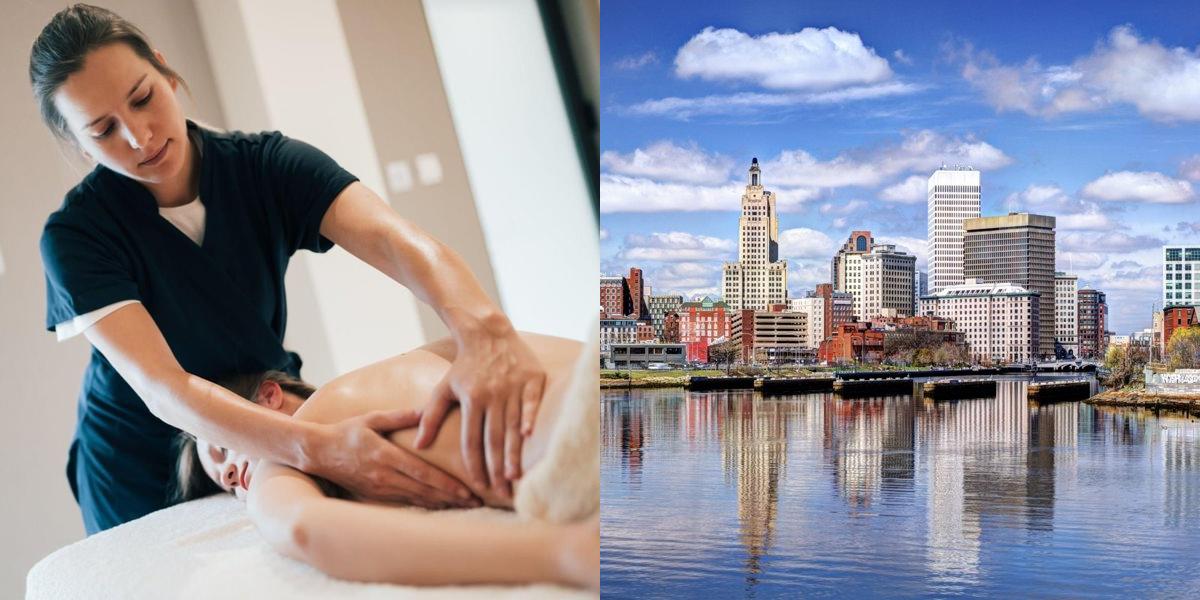How to Become a Massage Therapist in Rhode Island

What is a Massage Therapist?
Massage therapists are healthcare professionals who provide therapeutic massage services to clients. Their primary responsibilities include assessing clients' needs, developing treatment plans, and using various massage techniques to promote relaxation, reduce stress, and alleviate pain.
How do I get a job as a Massage Therapist?
To find a job as a massage therapist in Rhode Island, you can:
- Network with other massage therapists and healthcare professionals
- Search job boards and online listings for massage therapy positions
- Reach out to spas, wellness centers, and healthcare facilities to inquire about job opportunities
- Consider starting your own private massage therapy practice
Career Paths and Opportunities after Becoming a Massage Therapist
As a licensed massage therapist in Rhode Island, you can explore various career paths, including:
- Working in a spa or wellness center
- Providing massage therapy services in a healthcare setting
- Specializing in sports massage or other therapeutic massage techniques
- Becoming a massage therapy instructor or educator
- Starting your own private massage therapy practice
Final Thoughts
Becoming a massage therapist in Rhode Island can be a rewarding and fulfilling career path. By meeting the educational and legal requirements, you can provide valuable services to clients and enjoy a flexible and diverse work environment. Use Dreambound to find the right massage therapy program and take the first step towards your new career.
If you're thinking of a new career path, Dreambound offers in-depth guides to understand various job choices:

Athena is Co-founder and CEO of Dreambound.




